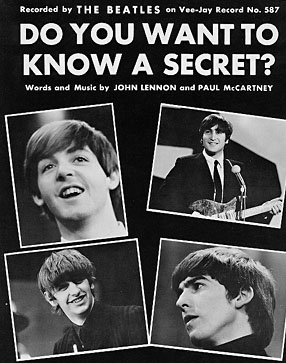 Some of you know me through my work in studying how social media and disruptive technology impact business and culture. Others have worked with me in translating insights into action and change within the enterprise. Every now and then, I share another side of myself that evokes the aspiring social scientist in me as I explore how all of this is affecting us as individuals and human beings.
Some of you know me through my work in studying how social media and disruptive technology impact business and culture. Others have worked with me in translating insights into action and change within the enterprise. Every now and then, I share another side of myself that evokes the aspiring social scientist in me as I explore how all of this is affecting us as individuals and human beings.
Not a day goes by when I’m not asked about whether or not the social media bubble will finally burst. Twitter, Facebook, Google+, Foursquare, Pinterest, this all has to be too much right? More often than not, I’m expected to assume the role of psychologist to either validate their digital existence or help individuals understand, and in some cases cope, with what is most often diagnosed as information overload.
 For anyone of a certain age (we won’t be any more specific) those words most likely prompt a mind’s earful of a catchy tune as recorded by the Fab Four. (If “Fab Four” is meaningless to you, skip to paragraph 2.) The lyrics of the song, simplistic as they might be, belie one of the key — maybe even THE key criteria to successful relationship: be quiet; listen up; and you are likely to hear something of value.
For anyone of a certain age (we won’t be any more specific) those words most likely prompt a mind’s earful of a catchy tune as recorded by the Fab Four. (If “Fab Four” is meaningless to you, skip to paragraph 2.) The lyrics of the song, simplistic as they might be, belie one of the key — maybe even THE key criteria to successful relationship: be quiet; listen up; and you are likely to hear something of value.